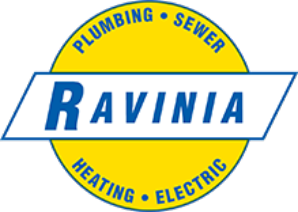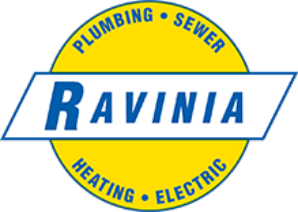
Unfortunately, “out of sight, out of mind” often describes how we think about our sewer lines. Hidden beneath the landscape, sewer lines perform the important function of directing sewage away from our homes and depositing it in the public sewage systems. But when the line begins to leak or blockages occur, we become very aware of its presence. Problems result in smelly, messy backups and costly line repairs. Avoid these problems by performing some basic sewer line maintenance.
What basic steps can you take to maintain your line?
Examine professionally.
A well-maintained sewer line can last 75 to 100 years. Do you know the age of your line or its condition? It runs below ground, and unless you have a problem, you do not know the state of your sewer line. Call a professional plumbing service to perform a video inspection of your line. They can locate any leaks, blockages, corrosion, or buildup threatening the proper functioning of your system.
Landscape properly.
Tree roots can damage buried sewer lines, breaking through the pipes and blocking the sewage flow. Before you make changes to your landscaping, locate your sewer line and do not plant trees near the line. Clear existing trees and vegetation threatening the sewer line.
Dispose wisely.
Do not pour grease or oil down your drains that harden in the line and create troublesome clogs. Paper products other than toilet paper are not designed to degrade quickly. Do not feminine products or disposable diapers in your toilet. These items can also clog your lines, and if roots have invaded the pipes, these paper products will catch in the vegetation and create blockages.
Clean regularly.
Use enzymatic cleaners monthly to clear and clean the sewer line. Unlike chemical products, these cleansers use enzymes to break down clogs and clean the lines without damaging them. Annually contract a licensed plumbing service to schedule a professional rooting of your sewer line.
Though buried out of sight, your sewer line needs your attention. Regular basic sewer line maintenance prevents costly repairs. Contact a professional plumbing service to assess the condition of your line and perform a thorough rooting service.




